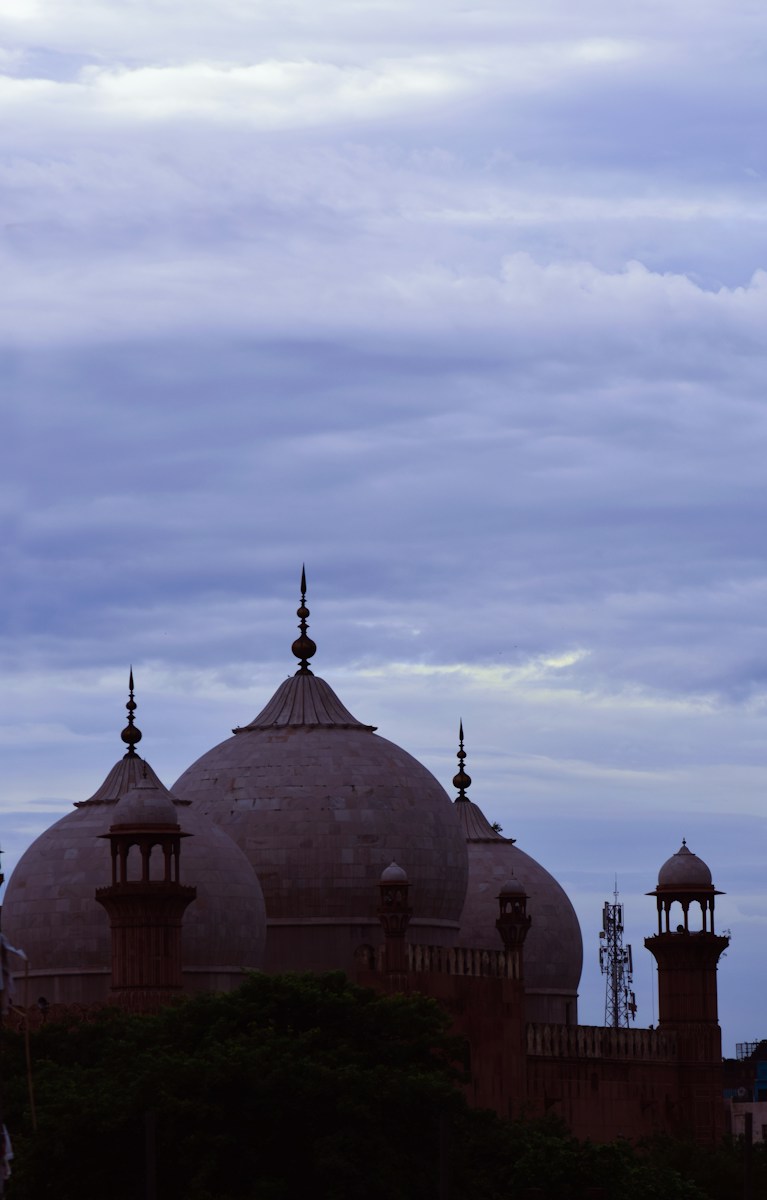

Introduction
Former Pakistan Prime Minister Imran Khan, known for his charismatic leadership and reformist agenda, has been sentenced to 10 years in prison. This shocking development has sent shockwaves through the political landscape of Pakistan. In this article, we will delve into the details of the case, the charges against Imran Khan, and the potential implications for Pakistani politics.
Background and Political Career
Imran Khan, a former cricketer, rose to prominence in the 1990s as the captain of the Pakistan national cricket team. After retiring from cricket, he founded the political party Pakistan Tehreek-e-Insaf (PTI) with the aim of challenging the traditional political elites and implementing social and economic reforms in the country.
Khan’s political career gained momentum over the years, and he emerged as a major player in Pakistani politics. In the general elections held in 2018, PTI won a majority of the seats in the National Assembly, propelling Imran Khan to the position of Prime Minister.
The Case Against Imran Khan
The case against Imran Khan revolves around charges of corruption and misuse of power. The National Accountability Bureau (NAB), an anti-corruption watchdog in Pakistan, initiated an investigation into allegations of financial irregularities in the construction of a luxury residence, known as Bani Gala, on the outskirts of Islamabad.
According to the prosecution, Imran Khan failed to provide a satisfactory explanation for the sources of funding for the construction of the property. The NAB alleged that Khan used his political influence to obtain funds from undisclosed sources, which is a violation of Pakistan’s anti-corruption laws.
Trial and Sentencing
The trial against Imran Khan commenced in the accountability court, where the prosecution presented evidence to support their case. The court examined financial records, testimonies of witnesses, and other relevant evidence to determine the veracity of the charges against Khan.
After a thorough examination of the evidence, the court found Imran Khan guilty of corruption and misuse of power. He was sentenced to 10 years in prison and ordered to pay heavy fines. The court’s decision has sparked mixed reactions among the Pakistani public, with some supporting the verdict as a step towards accountability, while others view it as a politically motivated move to suppress Khan’s influence.
Implications for Pakistani Politics
Imran Khan’s conviction and subsequent imprisonment have significant implications for Pakistani politics. As a charismatic leader and the head of PTI, Khan played a pivotal role in shaping the country’s political landscape. His imprisonment leaves a void in the party leadership and raises questions about the future direction of PTI.
Furthermore, Khan’s supporters argue that his conviction is a setback for the anti-corruption movement in Pakistan. They believe that the ruling elite, who have long been accused of corruption, are using the judicial system to target political opponents and maintain their grip on power.
Response from Imran Khan’s Supporters
Imran Khan’s supporters have rallied behind him, expressing their unwavering support and condemning the court’s decision. They believe that Khan’s imprisonment is a result of political victimization and a conspiracy to undermine his efforts to bring about meaningful change in Pakistan.
Protests have erupted across the country, with supporters demanding Khan’s release and denouncing what they perceive as a biased judicial system. The government is facing mounting pressure to address the concerns of Khan’s supporters and ensure a fair and transparent judicial process.
International Response
Imran Khan’s conviction has also garnered attention on the international stage. Various countries and international organizations have expressed their concerns regarding the fairness and impartiality of the trial. They have called for a transparent and unbiased review of the case to uphold the principles of justice.
The international community plays a crucial role in monitoring the developments in Pakistan and ensuring that the rights of individuals, including political leaders, are protected. The pressure from the international community adds another layer of complexity to an already contentious situation.
Future Outlook
As Imran Khan begins his prison term, the future of Pakistani politics hangs in the balance. The PTI will have to navigate through this challenging period and restructure its leadership to continue its political agenda. The opposition parties, on the other hand, see an opportunity to capitalize on Khan’s absence and gain political advantage.
The road ahead is uncertain, and the outcome will shape the political landscape of Pakistan for years to come. The country, known for its vibrant and dynamic political environment, now faces a critical juncture that will test its democratic institutions and the resilience of its people.








